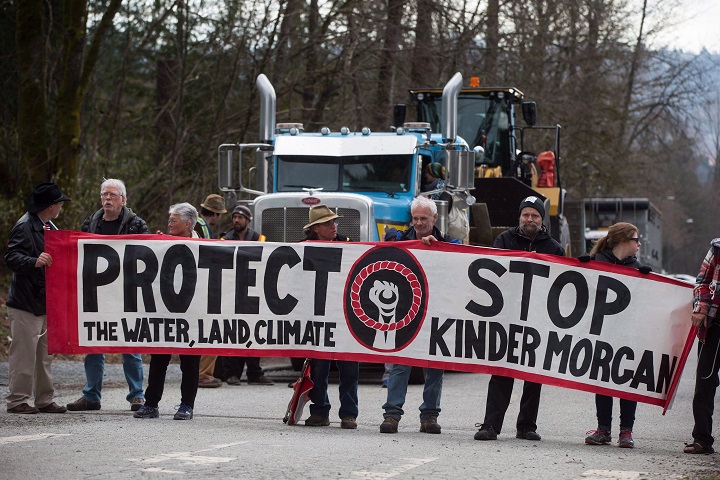How easy would it be for the Russians to interfere in Canadian elections? It would be very easy. All they’d have to do is follow the path well-heeled United States interests have used to land-lock Alberta’s oil.

Vivian Krause has been following the money trail to understand how the environmental groups behind the 2008 “Tarsands Campaign” received their money. Canadian-based environmental groups like to claim that the lion’s share of their funding comes from Canadian sources.
Why does it matter where the money comes from? Well, it gives the impression that hard-working, concerned local residents are cutting cheques for $20 at a time because they believe so fervently in a local community cause. While there are some of those well-meaning citizens, it is not where the bulk of the $500 million and counting has come from to demonize Alberta’s oilsands.
Now, we are beginning to understand how the racket really works.
In a recent blog, Krause traces the pathway of dollars and exposes a network of shell charities set up seemingly for no other purpose than to move money around to various environmental causes.
One of the examples she told me about was how the U.S. Tides Foundation gave money to Tides Canada Foundation, which then gave money to the DI Foundation, which was then used to fund The Dogwood Initiative, which, you’ll recall, recently received a Canada Summer Jobs grant to hire students to protest the Trans Mountain pipeline.

Get daily National news
Her blog also detailed the work of a Vancouver-based lawyer who has made a cottage industry out of setting up charities. He’s been involved in some 650 charities that are responsible for more than $2-billion worth of charitable giving. When Krause asked him why he had been involved in setting up so many shell charities that have no revenue, no expenditures, no staff, she was told they are actually “shelf” charities that are fully registered and sitting on a shelf, awaiting a transfer from a donor.
What in the world is going on here?
I have been closely involved in trying to seek charitable status for two non-profits. The first — a research institute on property rights — was denied after two years of effort. The second — a charity that works with vulnerable families — took three years to get approval.
I know the kind of documentation the Canada Revenue Agency normally requires of charities to allow them the privilege of issuing tax receipts.
What I don’t understand is how a foundation with no revenues, expenditures, staff, activity, objectives, mission or program offerings is able to get charity status without government officials having any idea what it will ultimately be funding when it is activated.
Is it that far of a stretch to think that the Russians — who have been found to have engaged in a self-serving campaign funding environmental groups in the U.S. to demonize fracking — wouldn’t target Canada in the same way?
There are 86,000 registered charities in Canada reporting $15.7 billion in income. Maybe the government should spend some time looking into whether they are serving Canadian interests, or whether they are exploiting loopholes in Canadian charities law to work against us.
Danielle Smith is host of The Danielle Smith Show on Global News Radio 770 Calgary. She can be reached at danielle@770chqr.com.











Comments
Want to discuss? Please read our Commenting Policy first.